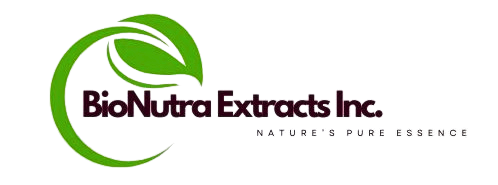Botanical Name: Berberis aristata

Health Benefits:
Antidiabetic, antimicrobial, anti- inflammatory, and antioxidant properties.
Uses:
Traditionally used to control diabetes, skin disorders, digestive issues, microbial infections and weight loss
Assay:
95-102 % by HPLC
Botanical Name: Coleus forskohlii
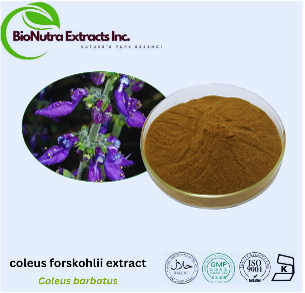
Health Benefits:
Coleus for chest pain, asthma, eczema, heart failure, high blood pressure, obesity, and many other conditions
Assay:
10 % to 40% Forskohlii by HPLC
Botanical Name: Andrographis paniculata
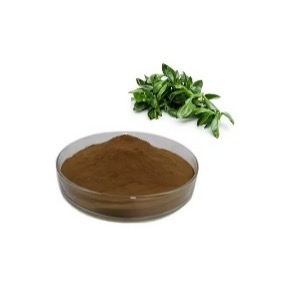
Health Benefits:
Known for its hepatoprotective properties, Kalmegh supports liver health, aids digestion, and enhances appetite.Uses: Traditionally used in Ayurvedic medicine to treat liver disorders, fever, and infections.
Assay:
Andrographolide 10% to 50% By HPLC,2.5% to 10% Bitter Content by Gravimetry
Botanical Name: Chlorophytum borivilianum
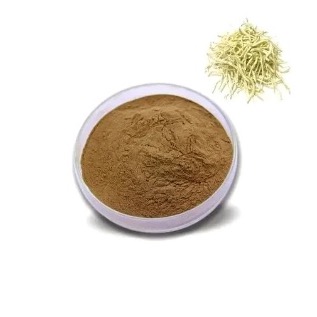
Health Benefits:
Benefits: Known as a powerful adaptogen and aphrodisiac, it boosts stamina, enhances male reproductive health, and supports overall vitality.Uses: Used in Ayurvedic formulations toimprove energy, immunity, and sexual wellness
Assay:
Saponins 10% to 40% by Gravimetry
Botanical Name: Asparagus racemosus
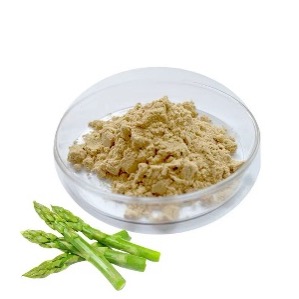
Health Benefits:
Benefits: A natural hormone balancer, it supports female reproductive health, aids lactation, improves digestion, and boosts immunity.
Uses: Used in Ayurveda for managing menstrual irregularities, menopause symptoms, and digestive issues.
Assay:
Saponins 10% to 70% by Gravimetry
Botanical Name: Bacopa monnieri
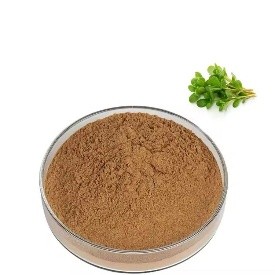
Health Benefits:
Benefits: Enhances cognitive function, memory, and focus while reducing stress and anxiety.Uses: Used in brain tonics and supplements to improve learning abilities and mental clarity.
Assay:
Bacosides 10% to 50% By HPLC,Saponin 10% to 50% By Gravimetry
Botanical Name: Camellia sinensis
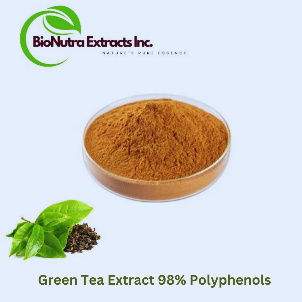
Health Benefits:
Benefits: Rich in antioxidants, it supports weight loss, enhances brain function, and reduces the risk of certain cancers.Uses: Commonly used in weight management supplements and for its energizing effects.
Assay:
Polyphenols 10% to 98% by UV,EGCG 10% To 45% HPLC,Catechin 10% to 70% By HPLC
Botanical Name: Centella asiatica
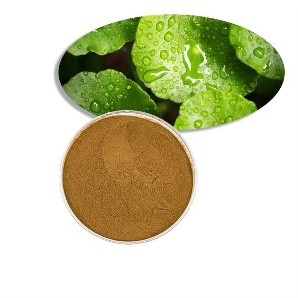
Health Benefits:
"Benefits and Uses:Cognitive Enhancement: Gotu kola is believed to support memory and cognitive function.Wound Healing: Traditionally used to heal wounds and treat skin conditions.Anxiety Reduction: May help reduce anxiety and stress. "
Assay:
Triterpenoids 10% to 90% by HPLC,Asiaticoside 90% by HPLC,Saponins 10% to 40% by Gravimetry
Botanical Name: Cinnamomum verum or Cinnamomum cassia
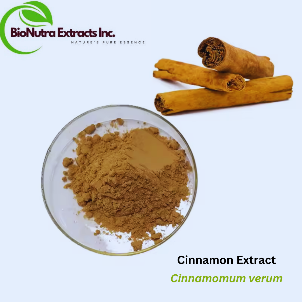
Health Benefits:
"Blood Sugar Regulation: Cinnamon extract is often used to help manage blood sugar levels. Antioxidant Properties: Rich in antioxidants, it may help combat oxidative stress. "
Assay:
Polyphenols 10% to 30% by UV or Gravimetry
Botanical Name: Phyllanthus emblica
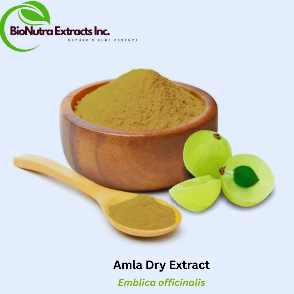
Health Benefits:
"Benefits: Rich in Vitamin C, it boosts immunity, improves digestion, enhances skin and hair health, and supports heart health.Uses: Used in Ayurvedic formulations like Triphala for detoxification and overall well- being. "
Assay:
Tannin 10% to 40% by Gravimetry
Botanical Name: Garcinia cambogia
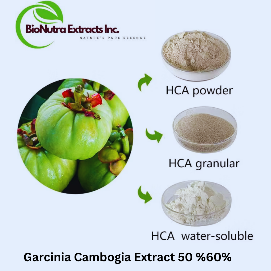
Health Benefits:
Benefits: Aids in weight loss by suppressing appetite and inhibiting fat storage, regulates cholesterol levels.Uses: Commonly used in weight management supplements and fat-burning products.
Assay:
HCA 40%, 50% 60% and 70%and Water Soluble (Double + Triple Salt) 50% and 60%
Botanical Name: Gymnema sylvestre
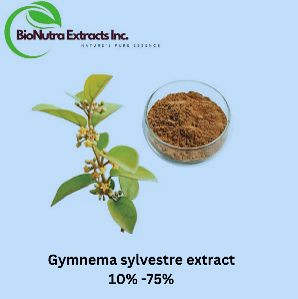
Health Benefits:
Supports Insulin Production: May stimulate insulin secretion and regeneration of insulin- producing cells,Improves Cholesterol Levels: May help reduce "bad" LDL cholesterol and triglycerides,Anti-inflammatory Properties: Exhibits anti- inflammatory effects.
Assay:
Gymnemic Acid 10% to 75% by Gravimetry,Gymnemic Acid 10% to 25% by HPLC
Botanical Name: Momordica charantia
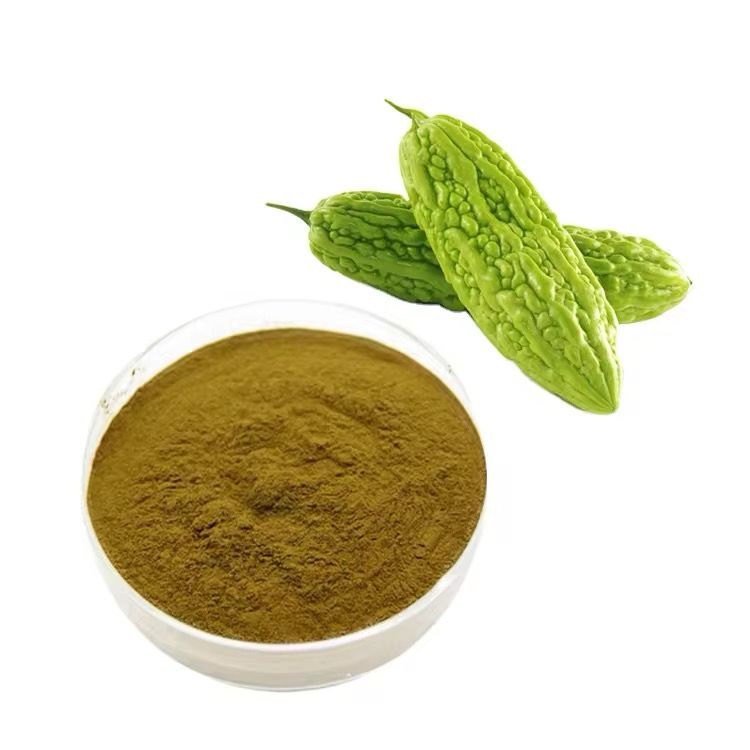
Health Benefits:
Blood Sugar Control: May help lower blood sugar levels.Antioxidant and Anti-inflammatory: Contains compounds that combat oxidative stress and inflammation,Supports Digestive Health: Traditionally used to aid digestion.
Assay:
Bitter 2.5% to 10% by Gravimetry,Charantin 2.5% to 10% by HPLC
Botanical Name: Mucuna pruriens
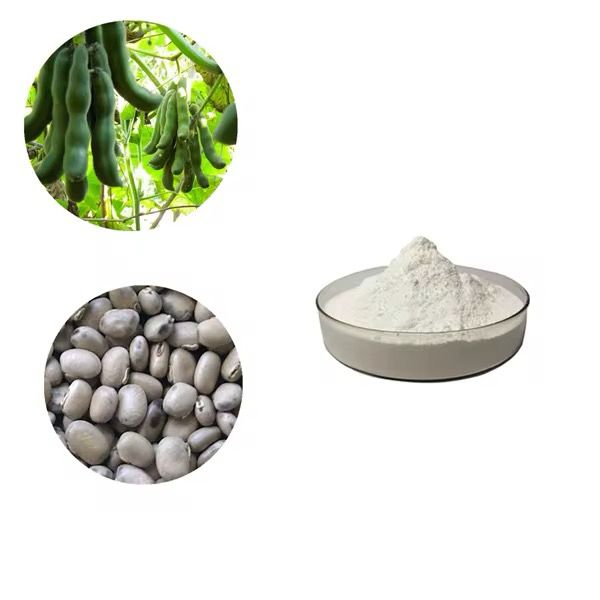
Health Benefits:
Neurological Support: Contains L-DOPA, a precursor to dopamine, supporting brain health.Mood Enhancement: May help improve mood and reduce symptoms of depression.Male Reproductive Health: Traditionally used to support male fertility and libido.
Assay:
L-dopa 10% to 60% by HPLC
Botanical Name: Ocimum sanctum
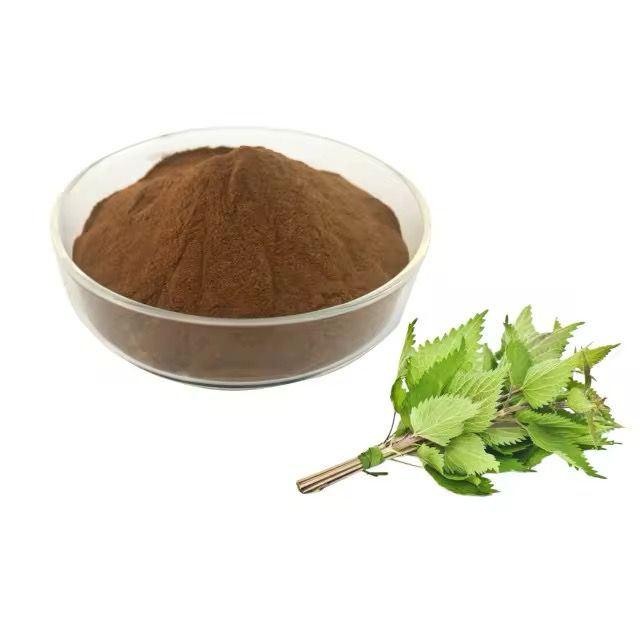
Health Benefits:
Benefits: It boosts immunity, reduces stress, improves respiratory health and relives cough, and acts as an adaptogen.Uses: Used in herbal teas, Ayurvedic formulations, colds, coughs, and stress relief
Assay:
Tannin 2.5% to 10% by Gravimetry,Ursolic Acid 2.5% by HPLC
Botanical Name: Phyllanthus niruri
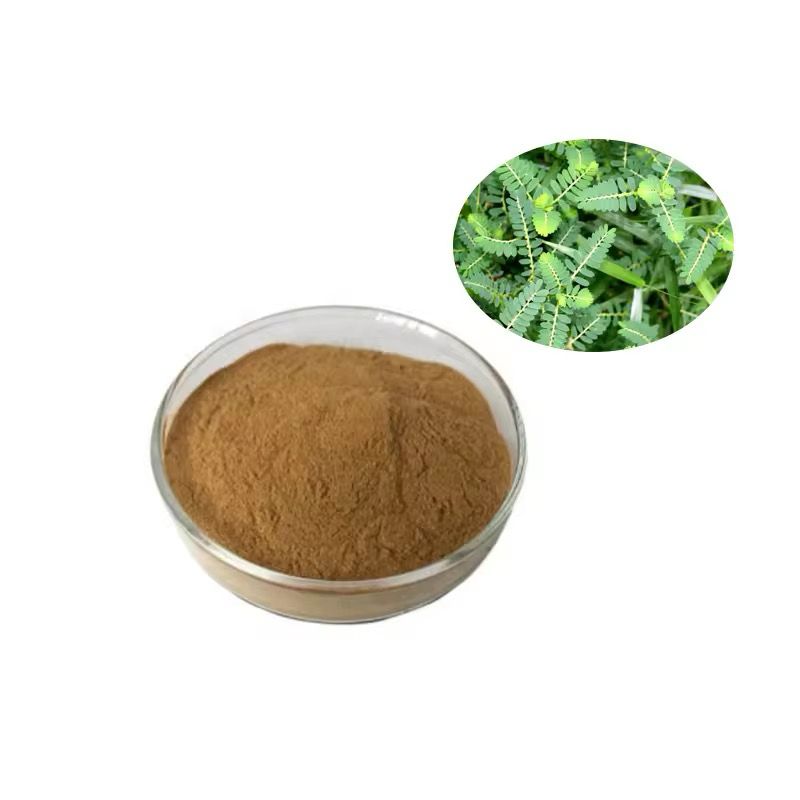
Health Benefits:
Liver Health: Supports liver function and detoxification.Antiviral Properties: May combat certain viral infections.Kidney Stone Prevention: Traditionally used to prevent and treat kidney stones.
Assay:
Bitter 2% 3% and 5% by Gravimetry
Botanical Name: Arjuna Extract
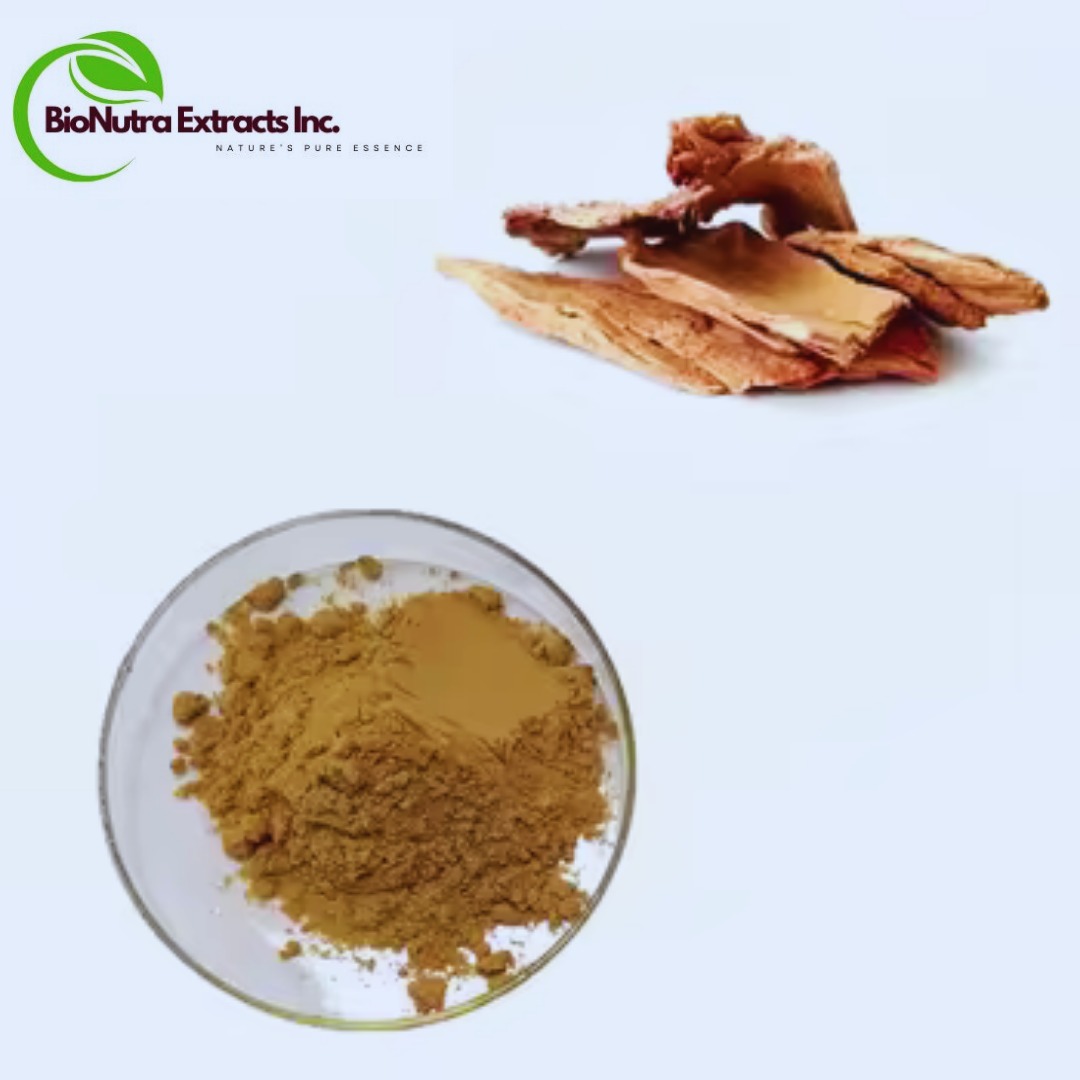
Health Benefits:
Benefits: Arjuna used for anginal pain, hypertension, congestive heart failure, and dyslipidemia
Assay:
10% to 30% Tannin
Botanical Name: Tinospora cordifolia

Health Benefits:
Benefits: improving digestion, boosting immunity, and reducing stress.
Assay:
1% to 5% Bitter
Botanical Name: Azadirachta indica
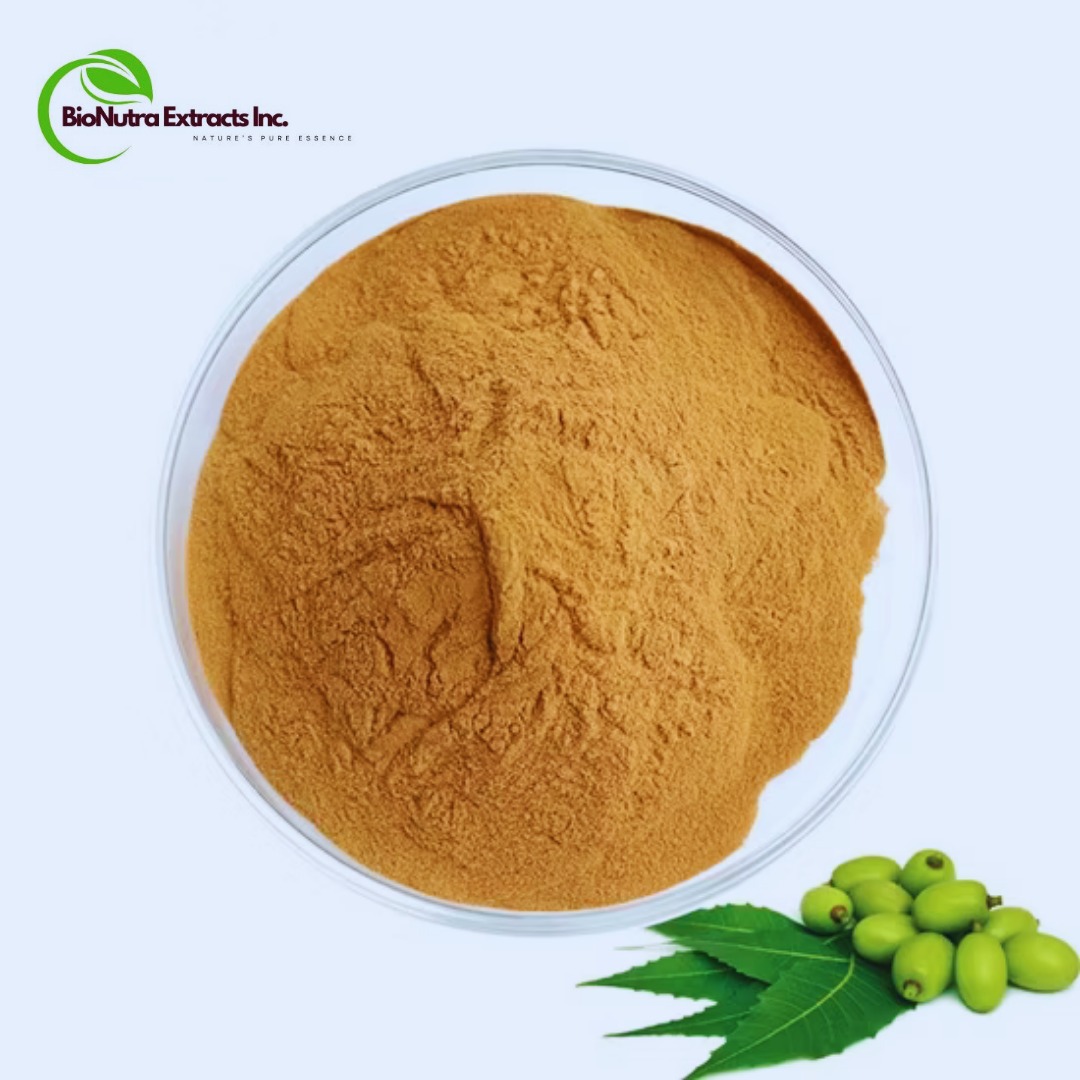
Health Benefits:
Benefits: treating skin conditions, infections, and dental issues
Assay:
1% to 5% Bitter
Botanical Name: valeriana wallichii
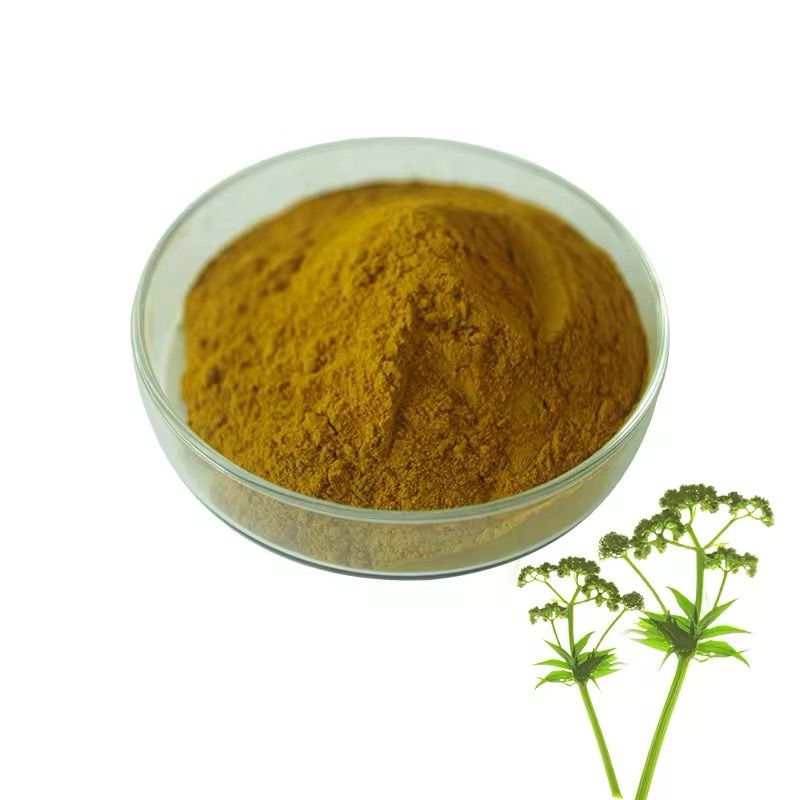
Health Benefits:
Benefits: insomnia, anxiety, depression, premenstrual syndrome (PMS), menopause symptoms, and headaches
Assay:
valerian 0.4 % to 0.8%
Botanical Name: Serenoa repens
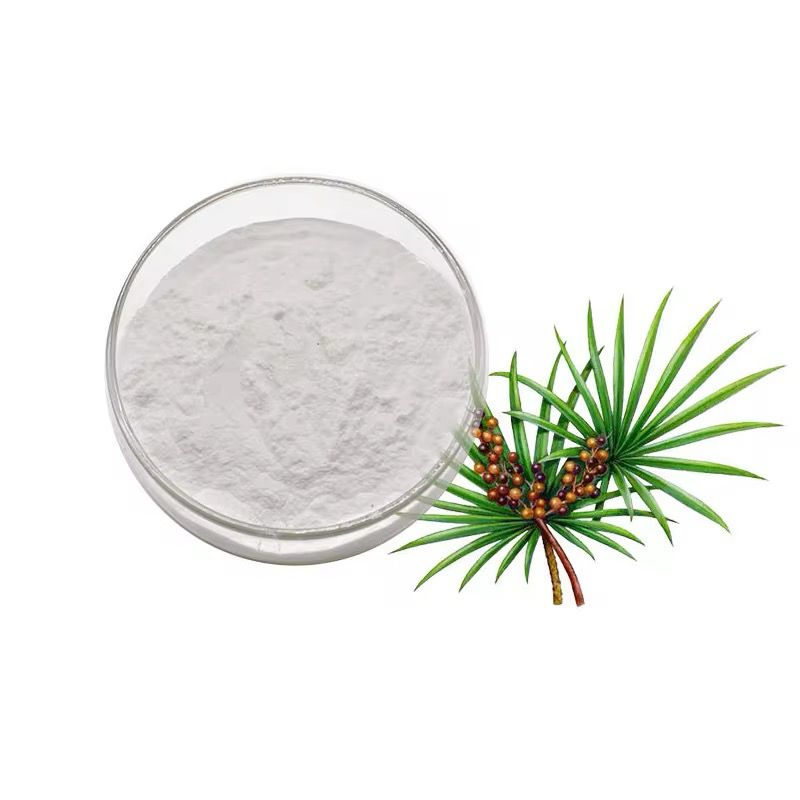
Health Benefits:
Benefits:Supports prostate health and may help with benign prostatic hyperplasia (BPH).Helps balance hormone levels, particularly DHT (dihydrotestosterone), making it useful for hair loss management.May improve urinary function in men. Uses: Found in men's health supplements, particularly for prostate support and hair health.
Assay:
fatty acids 25% to 45%
Botanical Name: Terminalia Chebula
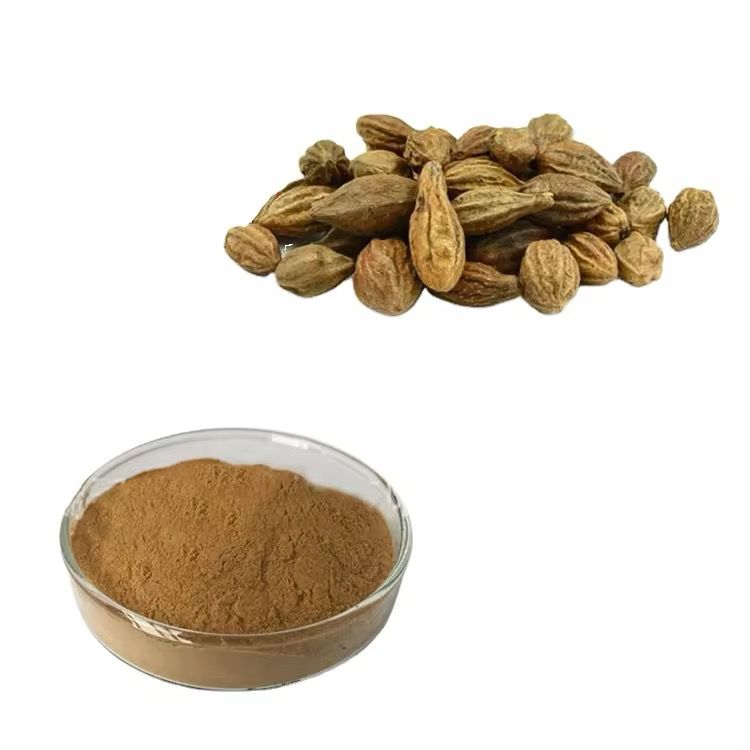
Health Benefits:
Benefits: Harad helps to remove toxins & undigested materials from body as mild laxative & helps digestion
Assay:
10% to 50% Tannin
Botanical Name: Terminalia bellerica

Health Benefits:
Benefits: Baheda is used in Ayurveda to treat cough, sore throat, constipation, and skin disorders.
Assay:
10% to 50% Tannin
Botanical Name: Punica granatum.
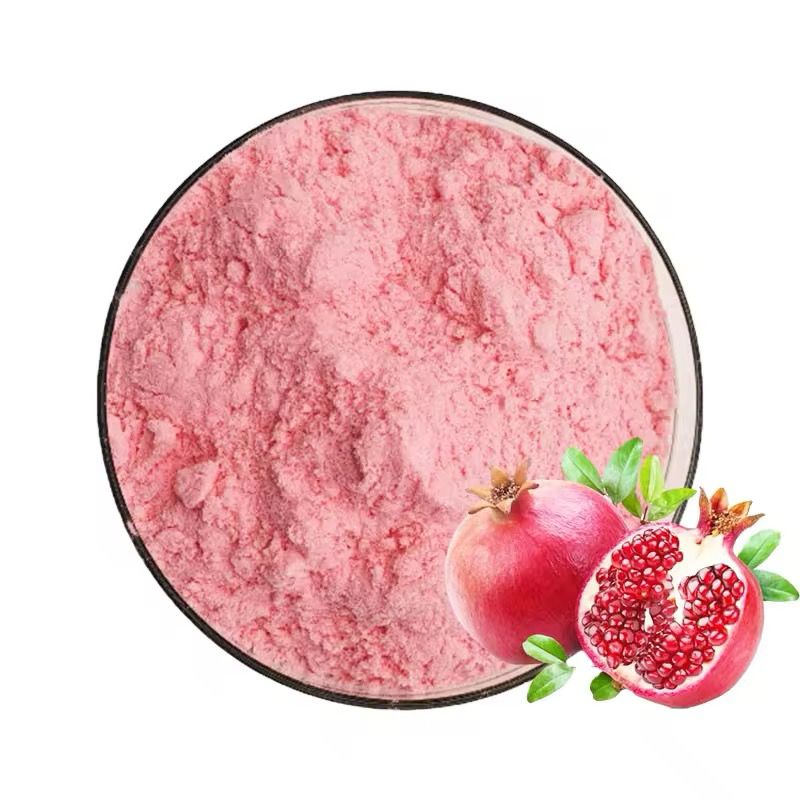
Health Benefits:
Benefits: anti-inflammatory, antioxidant, and anti-cancer properties.
Assay:
10 % to 50% flavonoids, 40% ellagitannin, punicalagin, ellagic acid
Botanical Name: Eclipta prostrata
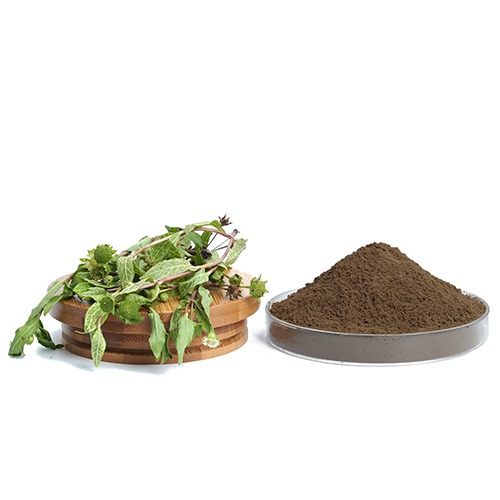
Health Benefits:
Benefits: Whole plant is used in asthma, bronchitis, fever, gastric and hepatic disorders, jaundice, ulcers, wounds, sores, and leucoderma.
Assay:
1% to 3% Wedelolactone , Bitter
Botanical Name: Picrorhiza kurroa
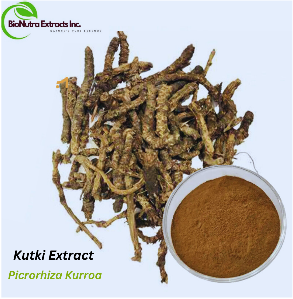
Health Benefits:
Supports liver health by detoxifying and protecting liver cells,Aids digestion and helps manage acidity Has anti-inflammatory and antioxidant properties ,Helps regulate blood sugar levels Supports immune function
Assay:
Bitter 2% 3% and 10% by Gravimetry,Kutkin 1 to 4% by HPLC
Botanical Name: Tribulus terrestris
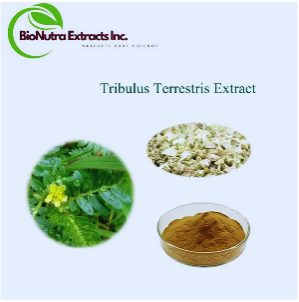
Health Benefits:
Enhances testosterone levels and boosts libido in men,Supports kidney and urinary tract health Helps in muscle growth and strength Reduces inflammation and supports heart health , Reduces stress and anxiety by lowering cortisol levels
Assay:
10% 40% Saponin
